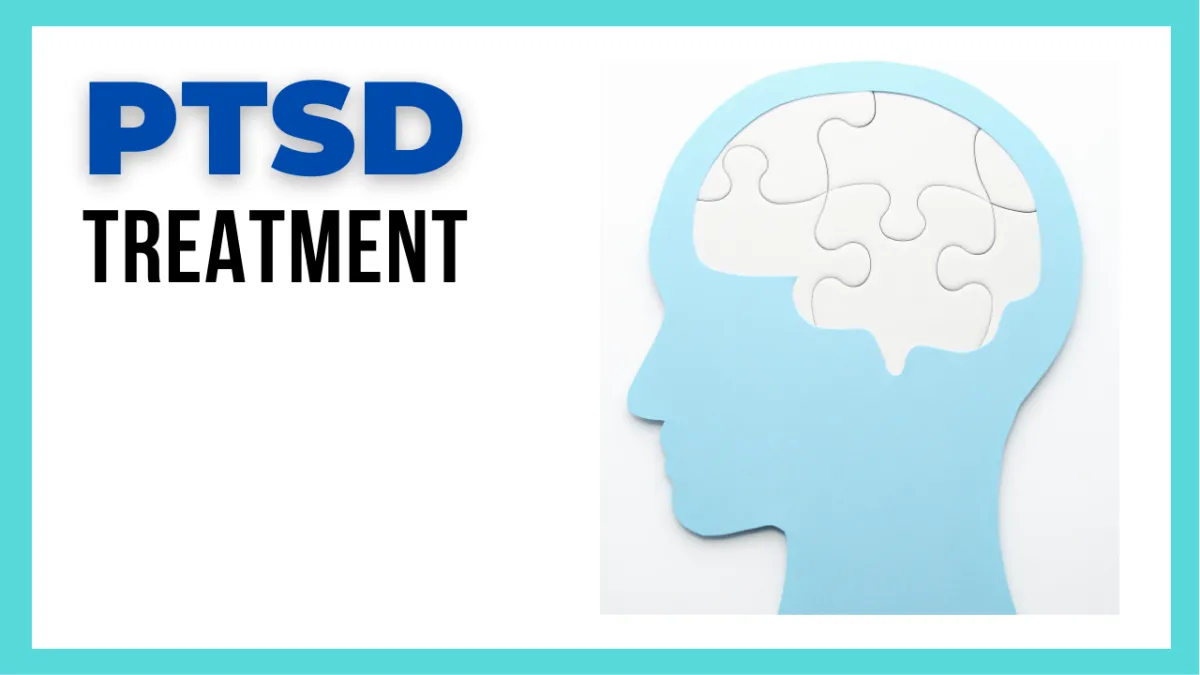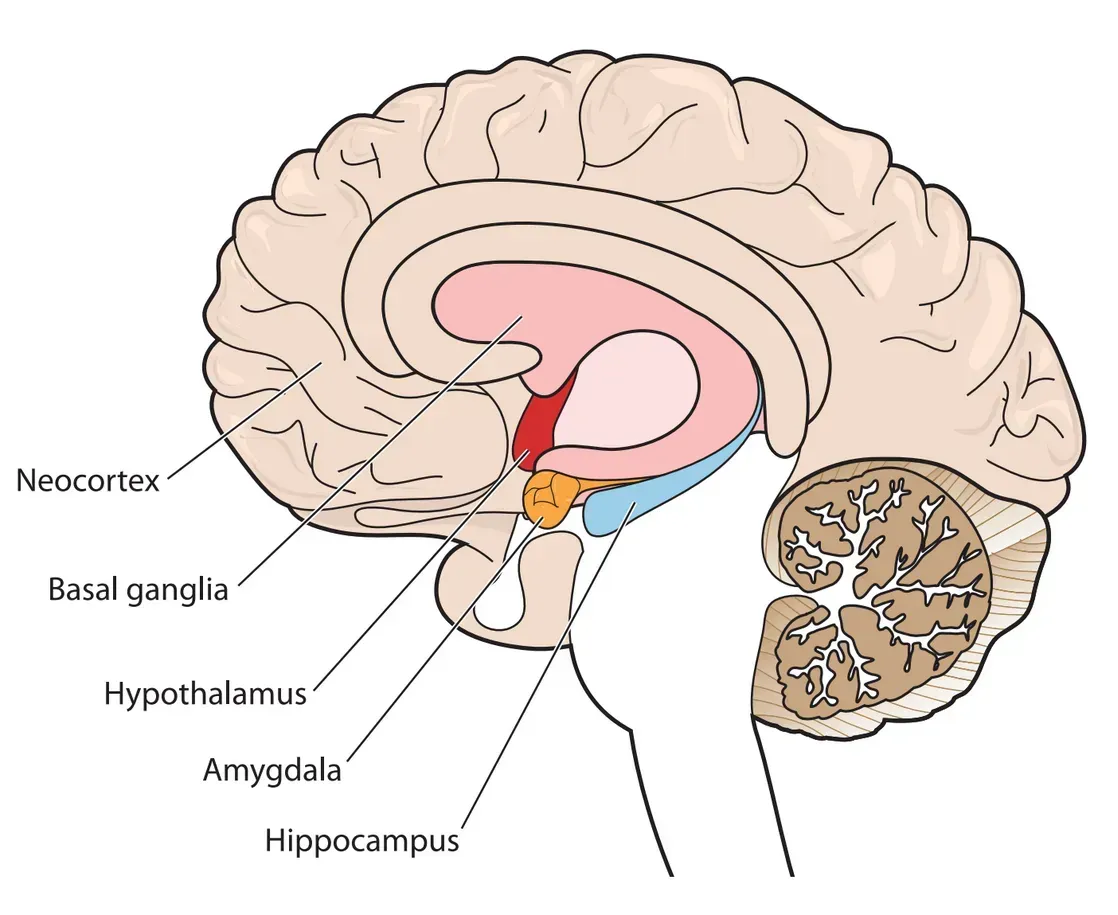Mental Health
and PTSD
RECOVER FROM TRAUMA
with Advanced Clinical Hypnotherapy



PTSD is a sign that the physiological and emotional systems of the body, have been effected, and need to be healed and rebalanced.
PTSD symptoms are not a sign of weakness.
PTSD is often a debilitating condition that can develop in people after they have experienced a traumatic event, or multiple distressing events over time, which threatened their security and safety. The Body and Mind can store the memory of the trauma, and the person can continuously feel the distress, as though the trauma is still happening.
PTSD can occur from a range of distressing events:
- sexual, physical assault
- life-threatening accidents or illness
- physical and or psychological abuse
- workplace bullying
- domestic violence
- working with trauma
Extreme stress over long periods of time, can be exhausting, and it depletes our physical and psychological resources. Stress hormones are then pumped through the body and can cause serious illness, in the long term.
How can Hypnotherapy help ?
Hypnotherapy can be a great alternative for those struggling with symptoms of post-traumatic stress disorder (PTSD), as well as symptoms of other anxiety disorders.
Hypnosis is a powerful tool that allows us access to the subconscious mind so we can bring about real change.
Hypnosis is used to deal with trauma where it is stored – in the unconscious mind and in the body.
It is important to understand . . .
PTSD is not a conscious choice, it is an unconscious response, so the unconscious drivers must be addressed and hypnotherapy can safely do this.
In hypnosis, you're in a trance-like state. Sometimes, this state appears similar to sleep, and can also feel like you are fully awake and aware of what's going on around you. You are able to relax and tune out the background noise, and the everyday world.
Hypnotherapy may help prevent or reduce the emotional connections, following exposure to a traumatic event, reduce symptoms of anxiety, and help people move on from the traumatic experience.
Hypnotherapy is also be effective in resolving symptoms of PTSD, such as panic attacks, because it can resolve the emotional triggers and responses

Trauma and the Brain
Trauma can change your brain in many ways including your moods,
decision making, and responses to the world around you.
Trauma can effect several areas of your brain at once.
The three important parts of your brain affected are :
- the Amygdala, is your emotional and instinctual centre;
- the Hippocampus, controls memory;
- the Prefrontal cortex, is responsible for regulating your emotions and impulses.
These parts of the Brain, work together to manage Stress.
When you are reminded of a traumatic experience, your Amygdala, (the emotional and survival centre) goes into a overdrive response, acting just as it would, if you were experiencing that trauma for the first time.
Your Prefrontal Cortex also is affected, and becomes suppressed, so you are less capable of controlling your fear and emotions, resulting in being in a reactive state. Trauma also leads to reduced activity in the Hippocampus.
One of the functions of the Hippocampus, is to distinguish between past and present. Your brain can not tell the difference between the actual traumatic event and the memory of it. It can then perceives things that trigger the memories of traumatic events, as threats themselves.
Trauma can cause your brain to remain in a state of hypervigilance, suppressing your memory and impulse control and keeping you in a constant state of strong emotional response and reactivity.

© Copyright 2024 Hypnotic Mind Solutions. All rights reserved.
